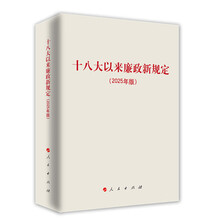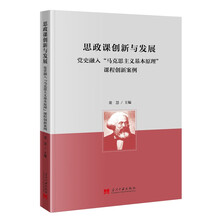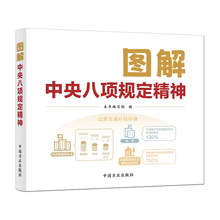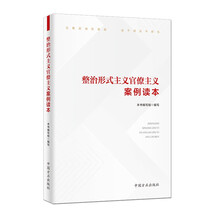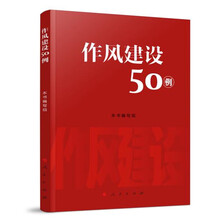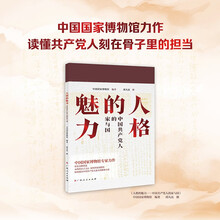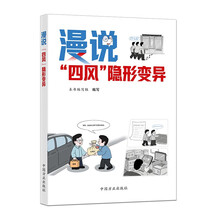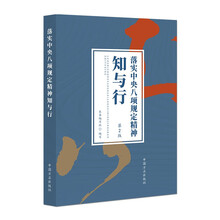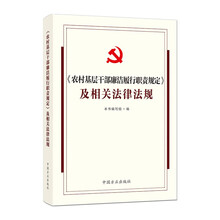t is a prominent feature that the Chinese Communist Party adheres to follow the “mass line” in decision-making. In 1978, Anhui Province was stricken by a severe drought that caused serious hardship at the time of the autumn planting. To tide over the famine, the provincial Party committee decided to make provision for recovery. Part of farmland were lent to peasants to grow wheat and vegetables. The resulting output was kept from the usual State procurement and made available exclusively for the local grain ration. Such an initiative reminded the masses of the policy fix farmland quotas on a household basis once adopted in the 1950s to communities pull through severe famine. Fengyang County of Anhui, long renowned for its flower-drum opera, was the original point of fixing farm output quotas for each household in certain stricken villages. Among them, Xiaogang Village of Liyuan Commune was the most notable. Eighteen households secretly signed a contract in a winter night of 1978. This was the beginning of the household-based contract system. Due to many uncertainties about this pioneering attempt, they signed the agreement in secret for fear their action would affect their families. When the land was distributed to each household, the farmers were fully motivated. Despite the drought, everybody exerted themselves to farm to the utmost extent. Output doubled in 1979. A couple of years later, the village produced a greater amount of grain than ever before. The community was transformed into a notable wealthy village, shedding its past infamous reputation as a “beggar village”.
Actually, there were many villages undertaking making their own experiments. In early October 1978, the Laozhuang production team of the Guanting Commune Farm Brigade in Feixi County of Anhui followed their team leader to distribute land to each household. Attach to the land handout was a provision that work points would be calculated based on outputs and a fixed quota was set as 100 kg of grain produced per mu (0.067 hectares);by the following year’s harvest, every additional 0.5 kg of grain gained a household a reward of three work points; each family might keep any surplus, but receive no supplementary award. In addition, they needed to be self-financing in regard to the purchase of seeds and fertilizers. It was the first production team adopting the system in Anhui province, and, indeed, even in the whole country. The Sichuan provincial Party committee also supported peasants to fix output quotas for each group. And, it allowed and even encouraged commune members to establish appropriate family sideline production operations. Similar practices were later in a number of other provinces.
Opinions on this development were mixed. Some people objected to such bold attempts by the peasants independently, some were silent, but others expressed their support. Deng Xiaoping stood with the latter group. As a matter of fact, he pledged to introduce more flexible policies in rural areas when he resumed high political office for the third time in his long career. During a debriefing session with Guangdong provincial Party committee leaders in November 1977, Deng specially mentioned the rural policies: “It seems that the policy issue is the most prominent. It is the key question as to whether the policies are proper. This is also a national issue. It needs to be set right. Purportedly, raising several ducks is deemed to be good socialist practice; yet, with a few more, it becomes capitalism. Such a provision should be criticized. It is wrong.” In February 1978, he told Sichuan provincial Party committee leaders: “Both rural and urban areas face policy issues. Leaving peasants no room for maneuver, how can that work? Rural and urban policies need to be checked by the central and local governments, not sporadically but under consideration as a whole. Do what you can do within your power to settle some questions; make some room for local input at least.” During his investigation in the Northeast region in the following September, Deng also stressed that the much-extolled pioneering practices in Dazhai [the village in Shanxi Province] should not be copied blindly. As for rural reform, Deng Xiaoping suggested to “wait and see” rather to jump to any hasty conclusion. His attitude gave backing to the attempts by peasants to build up family fortunes.
However, the CPC Central Committee didn’t show clear attitude towards the spontaneous rural reform attempt to change the existing poverty-stricken life. Under the complicated situation of the times, even the communiqué issued after the Third Plenary of the 11th CPC Central Committee in December 1978, which marked the historical turning point, had to explicitly forbid practices including fixing output quotas to each household and distributing land for individual farming families. Consequently, peasant initiatives of this sort aroused disputes within the Party. At the symposium on rural work of seven provinces and three counties held by the national agriculture committee in March 1979, Deng Xiaoping said that rural problems were great in number, that efforts should focus first on the major ones, and poverty-stricken areas needed to adopt more liberal policies. Wan Li, the chief backer of the Anhui rural reforms, went to meet Deng during the meeting. The latter encouraged him to keep to the chosen course. When the dispute over rural reform rose around his head like a swarm of bees in April 1980, Deng encouraged Wan Li, saying: “No need to argue. You just do what you’ve been doing, just seek truth from facts.” Deng also remarked: “With regard to scarcely populated and backward areas with poor living conditions, such as Guizhou, Yunnan, and Gansu and other provinces in the northwest, I approve of relaxing restrictions and enabling each household to find their own way to increase output and income. Some may contract to groups, and others follow an individual way. There is no need to fear this will affect the socialist nature of our system.”
On many occasions later, Deng Xiaoping gave credit for the practice of fixing output quotas for each household. He described it as a responsibility system under socialism, neither exploiting others nor violating the principle of collective ownership. It could arouse people's enthusiasm while embodying the socialist principle of distribution according to work. This was conducive to a socialist economy rather than a move towards capitalism. Afterwards, the CPC Central Committee further confirmed the socialist nature of fixing output quotas for each household, although there were undoubtedly some unwilling to accept the idea. Deng stated later (in 1992): “In the beginning, not all of us agreed to reform. Some provinces wavered. Parts of them waited for a year before catching up, others spent two years. The Central Committee was waiting them, let the facts teach them a lesson.” With his strong support, the CPC Central Committee issued five No.1 documents in succession in the 1980s to make definite the socialist nature of the system. This set the peasants’ minds at rest.
As for the people's commune system that had a history of over 20 years, Deng believed: “It doesn’t fit in the present low productivity in rural China” and “through experiment, it didn’t work as well as it was designed”. So, he proposed: “Government administration and commune management should be separated. This is what we need to do now before it's late.” The Fifth Session of the Fifth National People’s Congress in December 1982 amended the Constitution, and resolved to break up the rural government system and the people’s commune and rebuild county administration. With three years of efforts, more than 90,000 county and township level governments were established, marking completion of basic-level rural reform.
China’s reform over the last 40 years drew inspiration from peasant creative involvement in many major decisions. The rural responsibility system stimulated the enthusiasm of the masses and generated increased grain output. The grain yield was close to 400 billion kg in 1984, settling the food shortage problem that had lingered in China for decades. Entering 1985, Henan, as one of the major grain-producing provinces, even found it was hard to sell its output. From shortage to surplus, it proved the household contract responsibility system had brought a positive change to rural areas. Therefore, in the early period of SOE reform that started in 1980s, the contract system was all the rage, becoming a magic weapon that stood numerous tests.
展开


